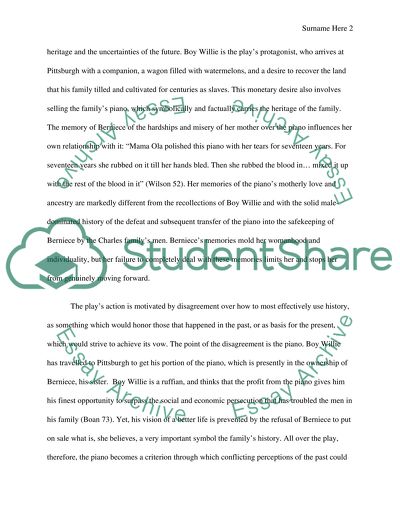Cite this document
(“The Piano Lesson by August Wilson Research Paper”, n.d.)
Retrieved from https://studentshare.org/english/1692584-the-piano-lesson-by-august-wilson
Retrieved from https://studentshare.org/english/1692584-the-piano-lesson-by-august-wilson
(The Piano Lesson by August Wilson Research Paper)
https://studentshare.org/english/1692584-the-piano-lesson-by-august-wilson.
https://studentshare.org/english/1692584-the-piano-lesson-by-august-wilson.
“The Piano Lesson by August Wilson Research Paper”, n.d. https://studentshare.org/english/1692584-the-piano-lesson-by-august-wilson.


